|
|
|
|
Kia ora koutou katoa and hello,
The draft report of the New Zealand Climate Change Commission marked one milestone on the country’s path towards making the massive changes required to reduce emissions and create a sustainable future.
But, as Nick Wilson and his co-authors argue, the commission is in danger of missing a big opportunity to bring the general public on board by convincing them of the huge health benefits of making those changes, with potential savings to the health budget in the process.
With submissions closing on March 28 before the the commission prepares its final report, there is still time to influence this crucial process.
In the meantime, there is plenty more to read here and on our homepage — including Tim Dare’s timely warning about the risks of introducing so-called “vaccine passports” without the right preliminary due
diligence.
Thank you for your ongoing readership and support. Until next time, mā te wā and all the best.
|
Finlay Macdonald
New Zealand Senior Editor & NZ Editor: Politics, Business + Arts
|

|
|
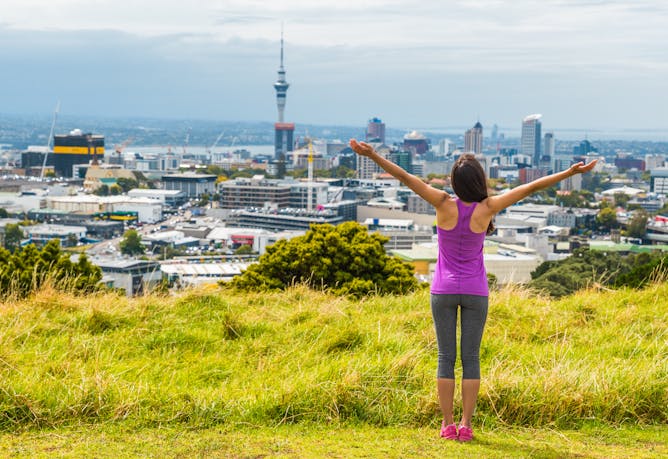
Shutterstock/Maridav
Nick Wilson, University of Otago; Caroline Shaw, University of Otago; Jude Ball, University of Otago; Michael Baker, University of Otago; Simon Hales, University of Otago; Tim Chambers, University of Otago
Tackling climate change involves changes in behaviour that would significantly improve people's general health — and save money.
|
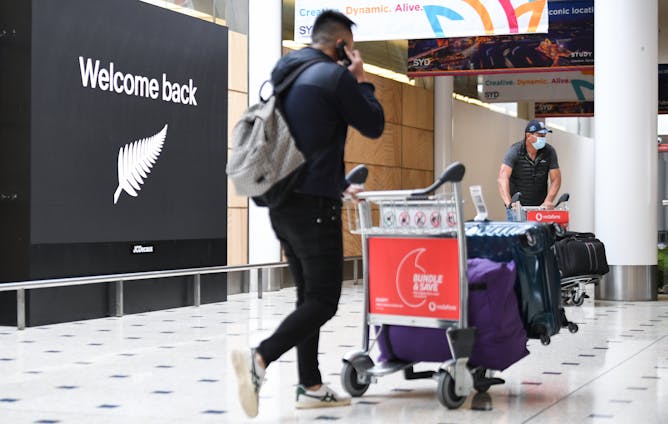
GettyImages
Tim Dare, University of Auckland
In a digital age, and with unequal access to vaccines, there are considerable potential downsides to so-called 'vaccine passports'.
|
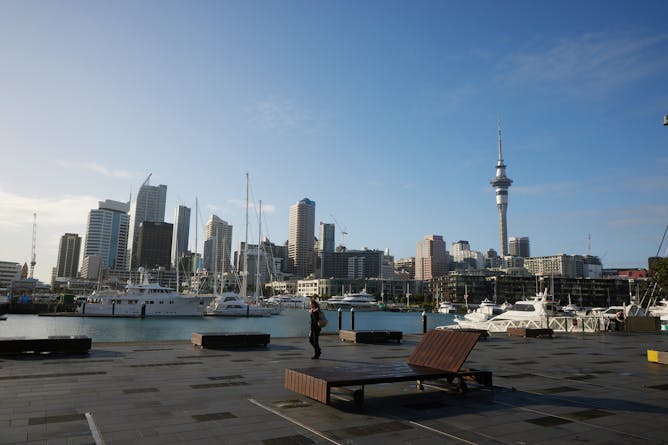
GettyImages
Michael Plank, University of Canterbury; Shaun Hendy, University of Auckland; Siouxsie Wiles, University of Auckland
Moving Auckland to level 3 for a week gives health officials time to track down additional cases and shut off chains of transmission. But we should also be prepared for a wider outbreak.
|

Shutterstock/Kenneth William Caleno
Ananish Chaudhuri, University of Auckland
Recent political arguments about policing methods aren't supported by the evidence: New Zealand crime rates are static, and even declining in some categories.
|
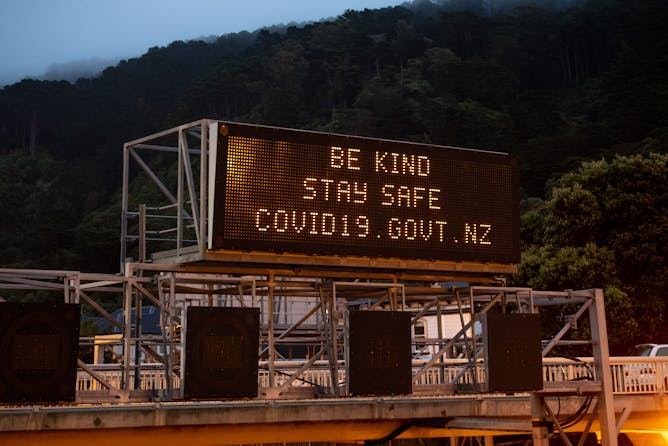
GettyImages
Michael Baker, University of Otago; Amanda Kvalsvig, University of Otago; Nick Wilson, University of Otago
The first year of dealing with the pandemic has taught New Zealand many lessons — including how we might tackle systemic social and environmental problems.
|
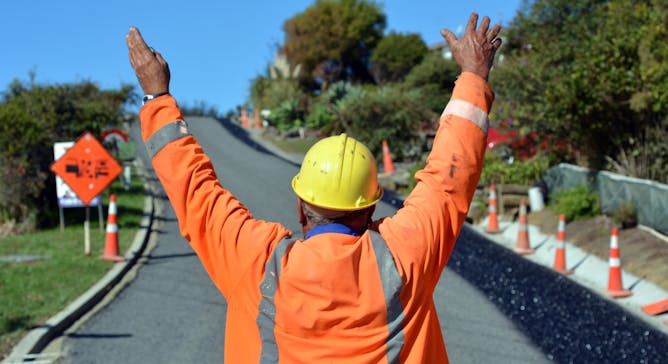
Shutterstock/ChameleonsEye
David Hall, Auckland University of Technology; Nina Ives, Auckland University of Technology
New Zealand has put just over half of its NZ$50 billion pandemic stimulus towards clean energy, but several fossil fuel powered projects will slow down the country's shift to a low-emissions economy.
|
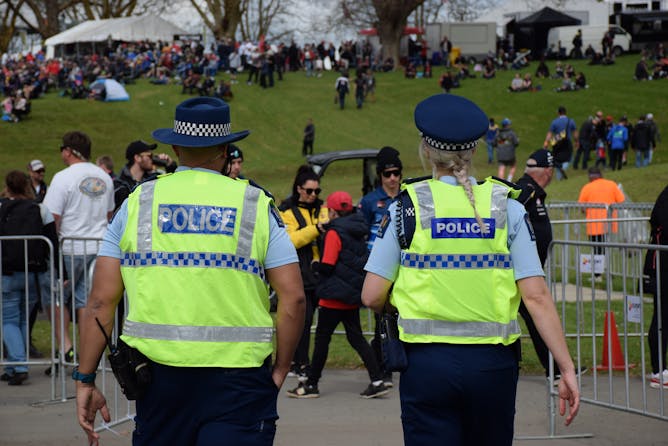
www.shutterstock.com
Bethan Greener, Massey University
Simon Bridges's attack on New Zealand's 'wokester' police commissioner might work as politics, but it fails to grasp the nature of policing in an open society.
|
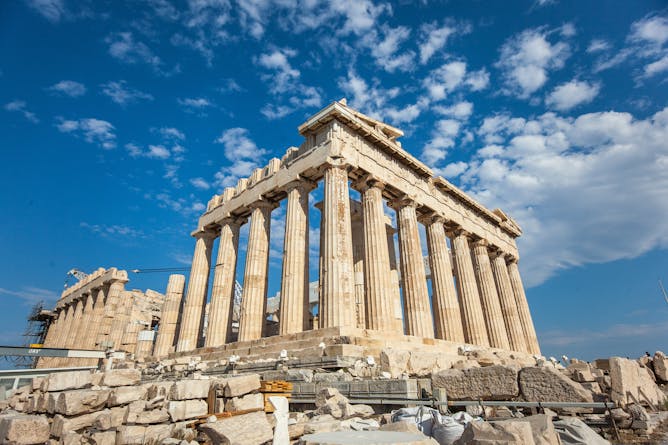
shutterstock.
Peter S. Field, University of Canterbury
Trump might have popularised the idea of fake news, but 26 centuries ago Plato and Thucydides were convinced intellectuals and poets were duping the people and undermining democracy.
|
From our foreign editions
|
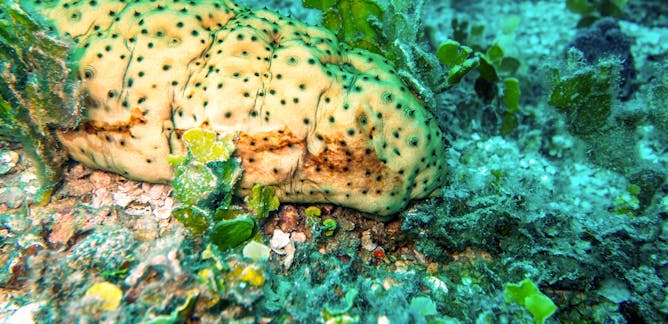
Mardi McNeil, Queensland University of Technology; Andrew Hoey, James Cook University; Jody Webster, University of Sydney; Luke Nothdurft, Queensland University of Technology
We are only just beginning to understand the importance of this deep and hidden area of the inter-reef that supports a rich diversity of marine life.
| |
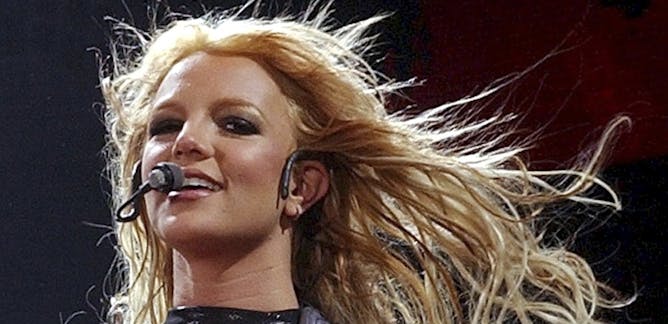
P. David Marshall, Deakin University
Once, the way we viewed celebrities was framed by the legacy press and the entertainment industry. Now fans and social media are rewriting the script.
|
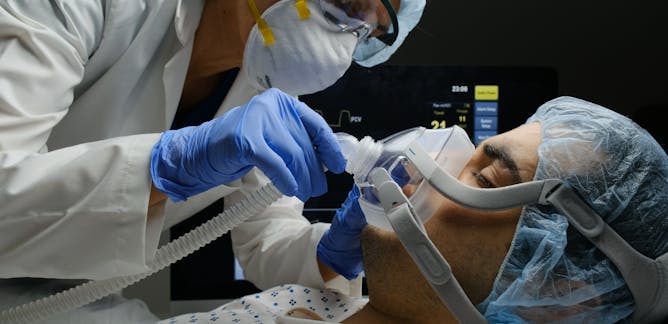
William G. Bain, University of Pittsburgh; Georgios D. Kitsios, University of Pittsburgh; Tomeka L. Suber, University of Pittsburgh
A year after it became clear that COVID-19 was becoming a pandemic, there is still no cure, but doctors have several innovative treatments. Some are keeping patients out of the hospital entirely.
| |
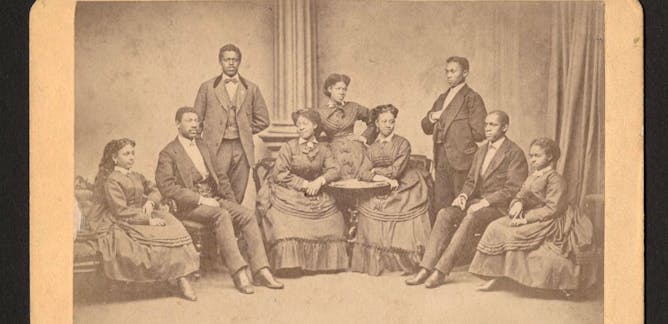
Samantha Hill, University of Michigan
Cameras played a critical role in the quest for social equality for Black Americans in the post-slavery era.
|
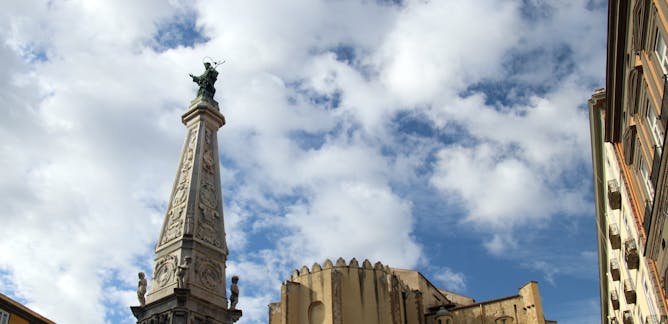
Keith Johnston, Algoma University
As the one-year anniversary of the World Health Organization’s declaration of a pandemic approaches, it might be time to consider how our modern age wants to remember this plague.
| |

Saerom Han, University of Aberdeen; Andrea Teti, University of Aberdeen; Pamela Abbott, University of Aberdeen
Since the revolution, Tunisians’ call for "bread, freedom and social justice" have fallen on deaf ears.
|

Aneeqa Khan, Manchester University
Building a mini star on Earth, and holding it together inside a reactor, is not an easy task.
| |
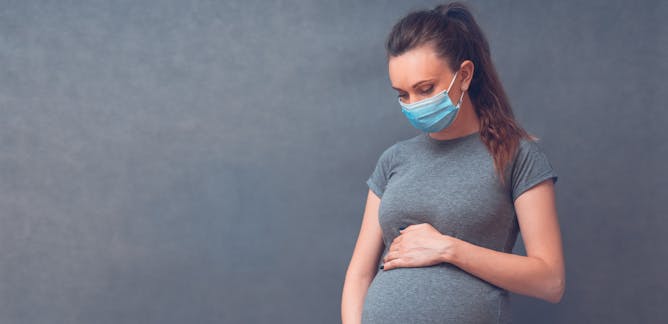
Mehreen Zaigham, Lund University
Perhaps we should rethink how we monitor pregnant women who have COVID.
|
|
|
| |
| |
| |
| |
| |
| |
|
|
|
|
|
|
|